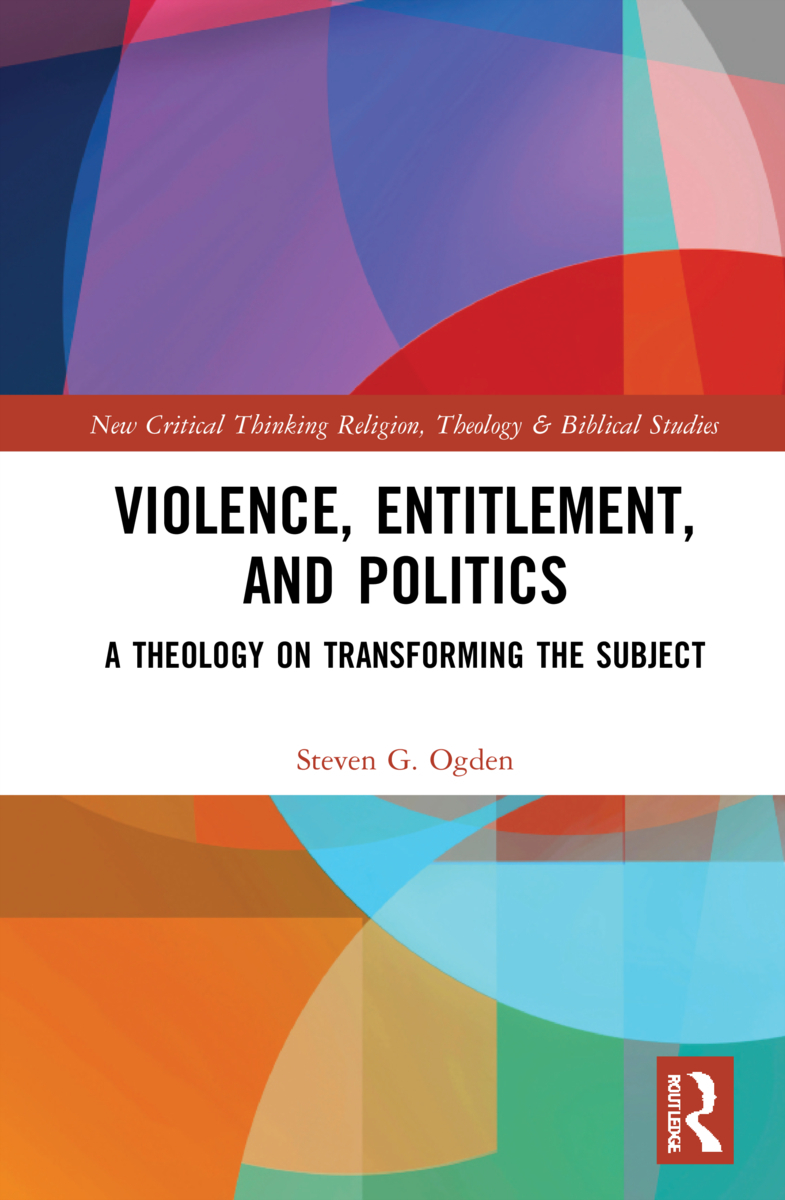This is an exercise in political theology, exploring gender-based violence by focusing on entitlement. Entitlement is a widely used term, which is generally undertheorized. So, Ogden uses Foucault’s concept of the dispositif as a way of reading the complexities of familial and military violence. Entitlement then is interpreted as a predominantly masculine gender pattern, predisposing subjects towards coercive control and violence.
In various settings, perpetrators feel their identity is under threat. Specifically, the threat of losing status, or regaining lost status, becomes paramount. Entitlement then is a catalyst and a warrant for coercive control and violence. There are other factors (e.g., insecure attachment), but entitlement has a galvanizing function. It is an expression of proprietorial thinking, objectifying others, which is evident in the persistent use of first-person possessive pronouns (e.g., my house, my call).
Therapeutic success with perpetrators of violence, however, is generally partial and short term. So, Ogden turns his attention to cultural change, reflecting on so-called strongman politics, where political rationalities foster proprietorial thinking and entitlement gender patterns. Subsequently, a political theology is required to generate counter-discourses and practices. This is theology as resistance. Foucault is the main conversation partner, but the book also calls on Étienne Balibar, Judith Butler, Lynne Huffer, Bonnie Mann, and Mark C Taylor.
https://www.routledge.com/Violence-Entitlement-and-Politics-A-Theology-on-Transforming-the-Subject/Ogden/p/book/9780367221515


